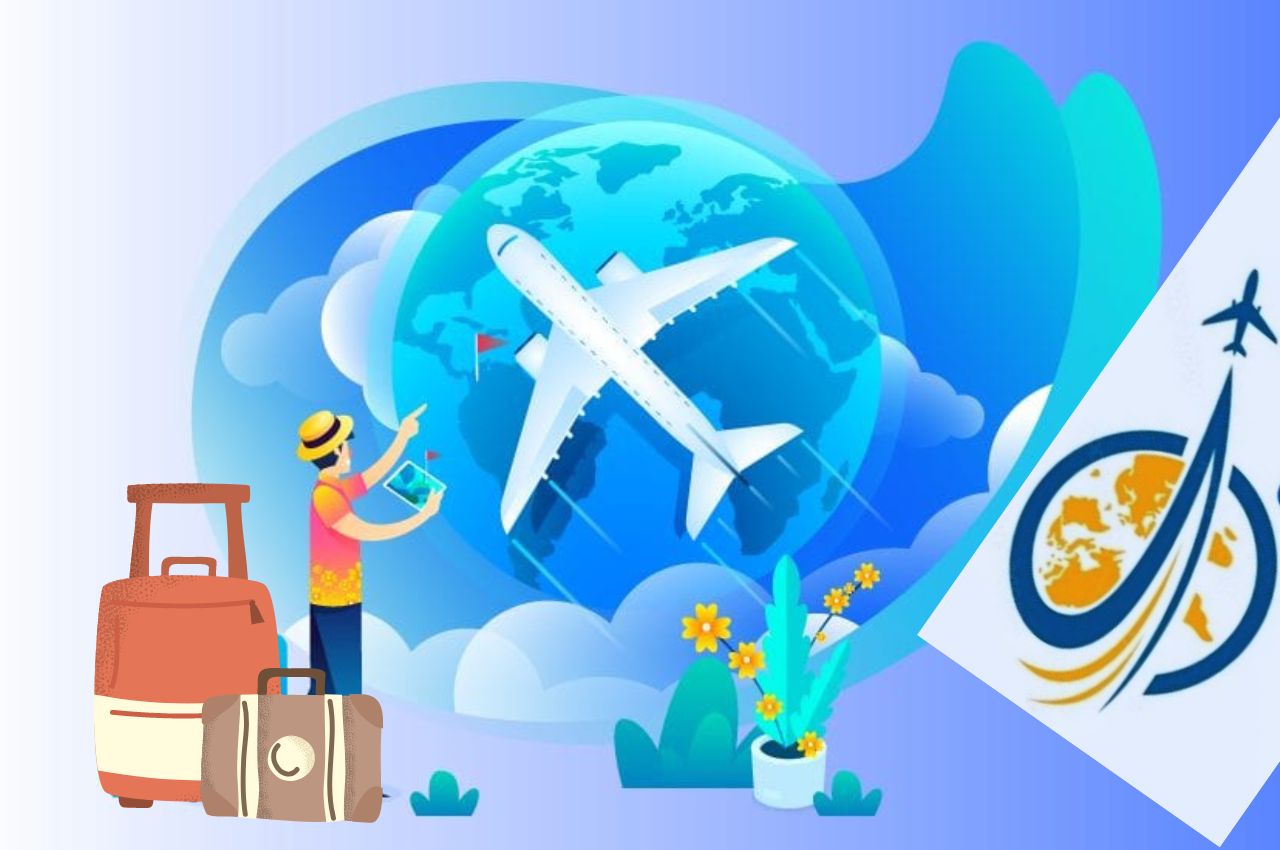Is tourism economics important?
The tourism industry is one of
the most powerful incomes for wages at the general level. It is a mirror that
reflects the image of the country's progress and its actual face to all
countries of the world.
All of this makes us keen to strengthen the tourism industry in Egypt
and focus on its overall requirements. Hence, the interest in focusing on its
economics and its repercussions on the general economy of Egypt.
Therefore, talking about the economics of tourism
cannot be limited to a single article or even a small number of articles, so it
has become necessary to present the economics of tourism in a series of updated
articles that we begin with the article that we present to you today.
Before delving into the economics of tourism, it was necessary to
identify some of the concepts of tourism and clarify their definitions by
trying to answer the following question:
What is tourism?
Given the rapid and steady growth of the importance of the role of
tourism and the doubling of its size and its effects on the social, cultural, and environmental aspects and breaking the barriers of the daily routine of
life, we will answer this question from several angles.
First: Is tourism a modern phenomenon?
- High level of entry of individuals.
- Individuals get the benefit of paid annual leave.
- Reducing the number of daily working hours for individuals.
- The presence of individuals in union gatherings to demand their rights and protect their gains.
Second: the definition of tourism:
The definition of tourism is considered as the cornerstone for building
the general structure of this activity and determining its values and effects
on other aspects of the activities of the macroeconomic tributaries, and how
this activity is the locomotive that pushes the wheel of economic growth and
social advancement forward.
Due to the existence of many problems surrounding the definition of the
concept of tourism for individuals and societies, it became difficult to reach
one specific definition of tourism until 1993, when the World Tourism
Organization (WTO) presented a statement explaining that the definition of
global tourism must be based on the two concepts of demand and supply for each
From the two sides of the tourism activity, the visitor (tourist) and the
resident (tourist service provider).
Accordingly, the definition of world tourism according to the World Tourism Organization is:
On the demand side: “the visitor’s total consumption expenditure for an
intended purpose during his trip and stay in an intended destination.”
As for the supply side, it is: “The totality of the goods and services
produced by the establishments related to the tourism activity.”
Third: Definition of a tourist:
- That the travel distance traveled by this person is not less than forty kilometers and in some countries this minimum distance is considered to be one hundred and sixty kilometers for this person to be a traveler.
- That this person spends at least one night in the place he traveled to.
- That this person travel from his usual place of residence to the other place by one of the lawful ways.
- This travel should not be to a place other than the usual place of residence due to work or looking for work.
Therefore, the definition of a tourist is:
"This is a
person who has gone from his standard spot to elsewhere something like forty
kilometers away really under any condition other than work or looking for work and
who must spend at least one night at the place to which he is travelling."
Tourism revenue and the cost of obtaining it
Tourism economics globally
Since tourism is one of the most important basic industries all over the
world, it has now come to be that the global tourism sector is the fastest
growing sector ever among all economic sectors in the world in the past twenty
years, due to the great boom in expansion, development, and modernization that
has occurred. He created a kind of great entanglement between the economic
growth of a country and its tourism development.
Therefore, we find that the growth of the general economy is necessarily
a strong supporter of tourism development, and therefore it has become very
necessary to study and analyze the correlation of tourism activity with other
factors, on top of which is the macroeconomics, in influencing economic growth
and how it achieved the contributions of global tourism as a major commercial
activity in up to about 10% of the global GDP (gross domestic product).
The use of tourism revenue variables and tourism spending as
determinants of tourism revenues that have an upward relationship with the
country's economies that may help in economic growth and this is what enhances
the increasing spending on tourism development to obtain the return of economic
growth over time more than expected.





